
The government has reaffirmed its determination to entrench ethics, transparency, and accountability at the centre of Ghana’s development, as stakeholder consultations on the National Ethics and Anti-Corruption Action Plan (NEACAP) opened in Accra.
The initiative aims to provide a practical framework to strengthen integrity in both public and private institutions.
Speaking at the event yesterday, Chief of Staff, Julius Debrah, praised the commitment of participants, noting that their efforts demonstrated teamwork and shared purpose in shaping a blueprint capable of transforming Ghana’s ethical landscape.
He said the new plan would ensure that integrity and accountability become central to the country’s institutions and culture.
Mr Debrah stressed that President John Dramani Mahama remained committed to building a resilient economy that could create jobs, expand infrastructure, and attract investment.
However, he warned that corruption posed the greatest obstacle to this vision.
Quoting figures from the Ghana Anti-Corruption Coalition, he revealed that Ghana loses an estimated $3 billion annually to corruption, an amount that doubles the $1.5 billion received in foreign direct investment.
“This staggering loss deprives us of the very resources needed to build schools, hospitals, and roads, as well as to create jobs for our youth,” he said.
He added that corruption erodes investor confidence, weakens institutions, and undermines the trust that sustains democracy.
Lessons from the 2015–2024 strategy, he explained, revealed that weak political commitment and underfunding limited its impact.
To avoid similar setbacks, the new 2026–2030 plan has been placed directly under the Office of the President to ensure stronger monitoring and prioritisation.
“Preventing corruption should not be seen as a competing priority but as a foundation for national progress,” he emphasised.
He described government’s commitment to fully funding the plan as an investment rather than a cost.
“Embedding ethics and anti-corruption is the surest way to safeguard our limited resources and optimise them for development.”
Mr Debrah urged participants to be bold, candid, and practical in their contributions so that the strategy does not become another shelved document but a living tool to transform governance.
He also encouraged constructive debate, noting that healthy disagreements produce refined objectives and stronger outcomes.
Representing Transparency International Ghana, Mary Awelana Addah, speaking on behalf of the NEACAP working group, explained that the group, inaugurated two months ago, has been tasked with developing a five-year framework to guide Ghana’s anti-corruption fight.
She noted that the previous strategy ended in 2020, followed by an evaluation that highlighted Ghana’s weak performance.
According to Transparency International’s Corruption Perceptions Index, Ghana scored 33 in 2023 and only slightly improved to 42 in 2024, underscoring the urgent need for a practical, inclusive, and measurable framework.
Ms. Addah said the group plans to engage more than 400 stakeholder institutions nationwide, including civil society, the private sector, religious bodies, and traditional authorities.
Five small-group consultative sessions are scheduled this week in Accra to harvest critical views for the framework.
BY AGNES OPOKU SARPONG
The post Ethics, transparency at core of govt development agenda appeared first on Ghanaian Times.
Read Full Story

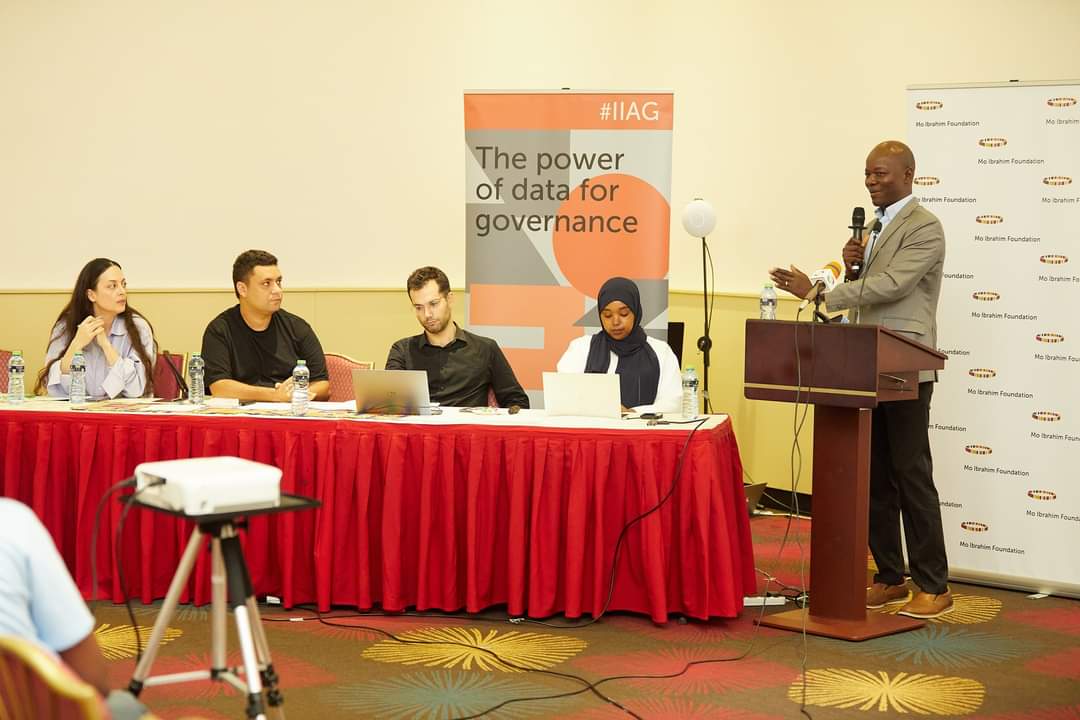
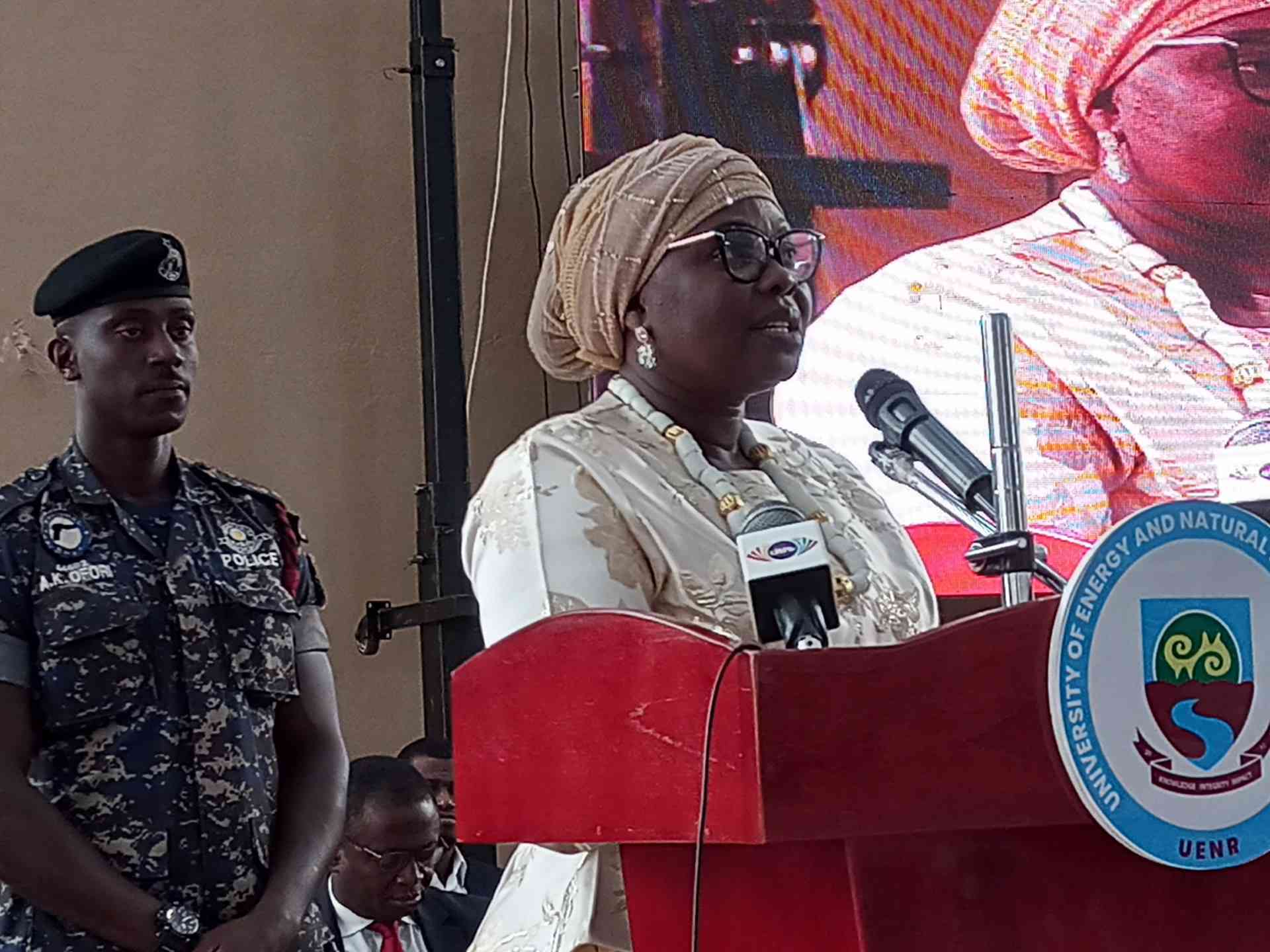

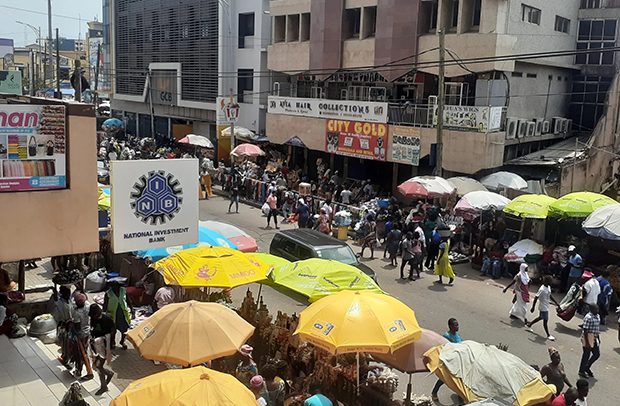

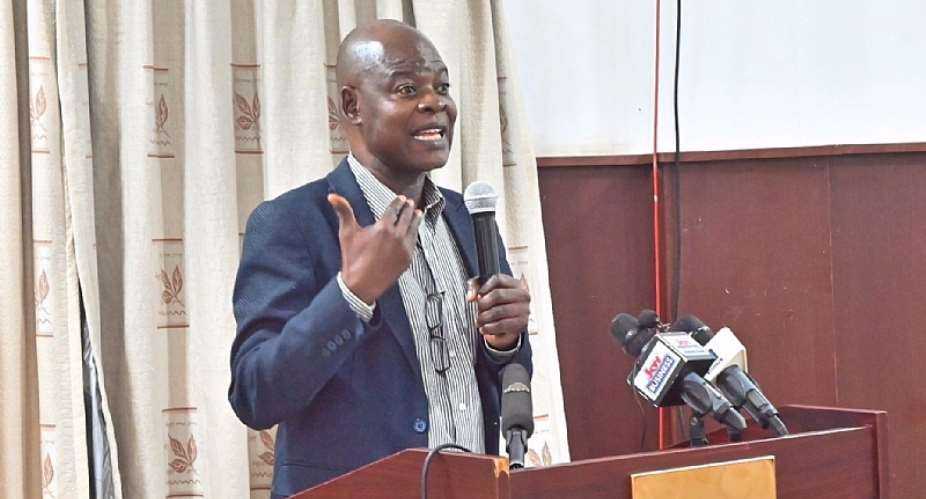









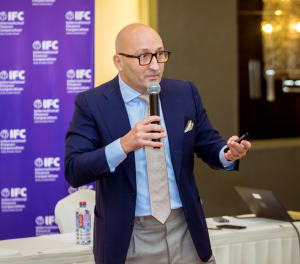
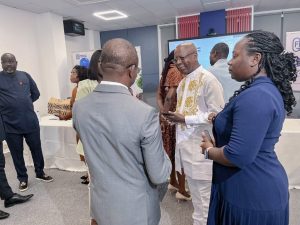

Facebook
Twitter
Pinterest
Instagram
Google+
YouTube
LinkedIn
RSS